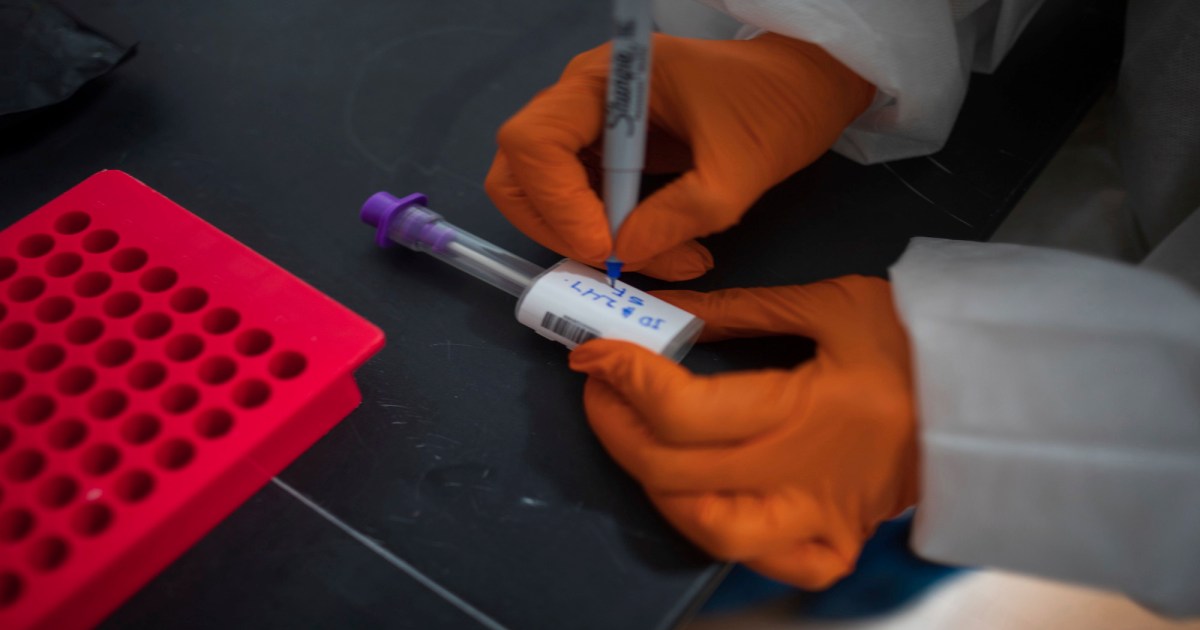That I feel falls under unreasonable search and seizure.
Thanks for your opinion it will be heavily weighed
“Oh drat, AviationEast is right! Alright everyone, pack it up we’re not doing this anymore.”.
-FBI top brass
I’m genuinely curious, why do you think that? Maybe I’m not familiar enough with genetics, but it doesn’t seem like a huge invasion of privacy.
Genetics ID not only yourself, but your entire family past present and future.
It’s basically the single most largest invasion of privacy in existence.
… that’s probably unwise. Since we got it though, that’s a pretty huge data set that could probably assist in some useful research, if they wanted to anonymize it and give it to scientists. Or they could just keep it for themselves I suppose, until it reveals new uses.
‘anonymise it’ lmfao it’s the fbi
You can anonymize anything, you just strip the identifying data out and do not include it when you give the info out. Like scrubbing the metadata off a pic before you post it online.
The level of discourse in this sub has really fallen off a cliff recently…
You can’t anonymize genetic data because, by essence, it identifies an individual.
and, given enough samples, even those NOT in the database, are anyway by genetic relation.
By that logic you cannot anonymize a pic either. Yet everyone who has their photo taken cannot necessarily be identified in it.
Can’t show a proof without doxxing me but I’ve written a patent to anonymize medical data (not genetic) and I’m a bioinformatician working with sequencing data.
While you could probably achieve reasonable privacy levels by altering genetic data, we shouldn’t play with that under fallacious pretenses.
You can use that data for medical research, of course… but also population profiling or stratification of customers if you are an insurance company.
Anonymized data has long been problematic and you definitely cannot meaningfully anonymize a picture in the truest sense of the word.
So, paternity tests exist. Genetics, once enough data are collected, can absolutely be used to identify people.
Correct. Much like with a fingerprint, with both examples, you can determine with good accuracy if they are the same.
In addition, as tools are advancing, we can extrapolate with very large data sets to identify you even without having seen your specific code, by tracing commonalities through any relatives of yours that voluntarily or involuntarily submitted their codes. However, this does still require those codes to be identifiable. A randomized set of random people’s codes could not be used for this, anymore than a database of fingerprints where all the labels were deleted could be used. It’s just a bunch of random fingerprints, with no names attached anywhere at all, its just a bunch of bleh.
So, big concern in the hands of anyone who has not scrubbed the labels all off, which would overall render it much less useful.
And very often, that data turns out not to be anonymous at all.
On one hand, yeah, on the other, you want to discourage people from doing this stuff then saying “welllllll, as long as we’ve already got it…”
Would this help with identification of the remains found along the texas border? there are quite a few unidentified remains found and they are hypothesized to be from this group





